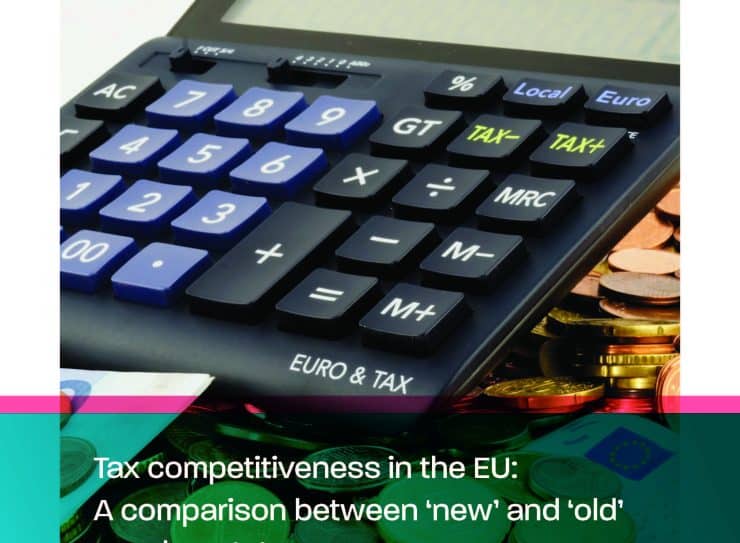Tax Competitiveness in the EU: A comparison between ”New” and ”Old” Member States
The main aim of this ELF publication is to present the cases examining tax competitiveness issues in the EU, explore differences between the “new” and “old” member states, and identify good practices.
